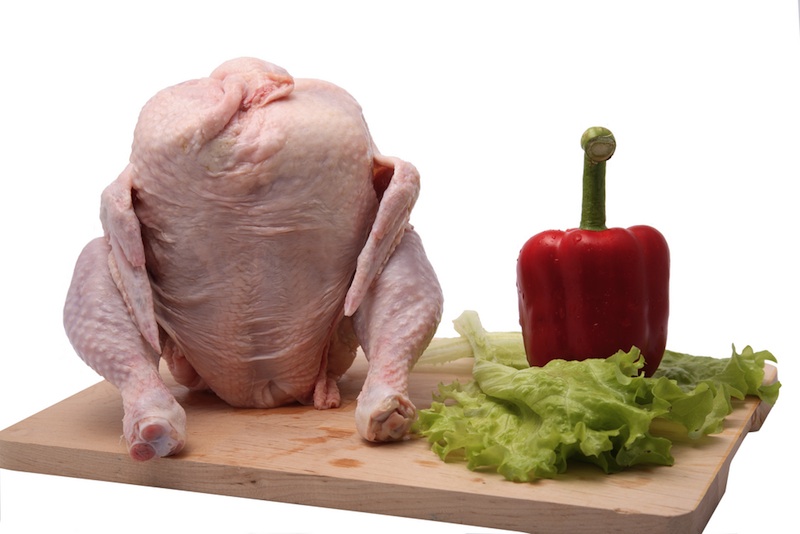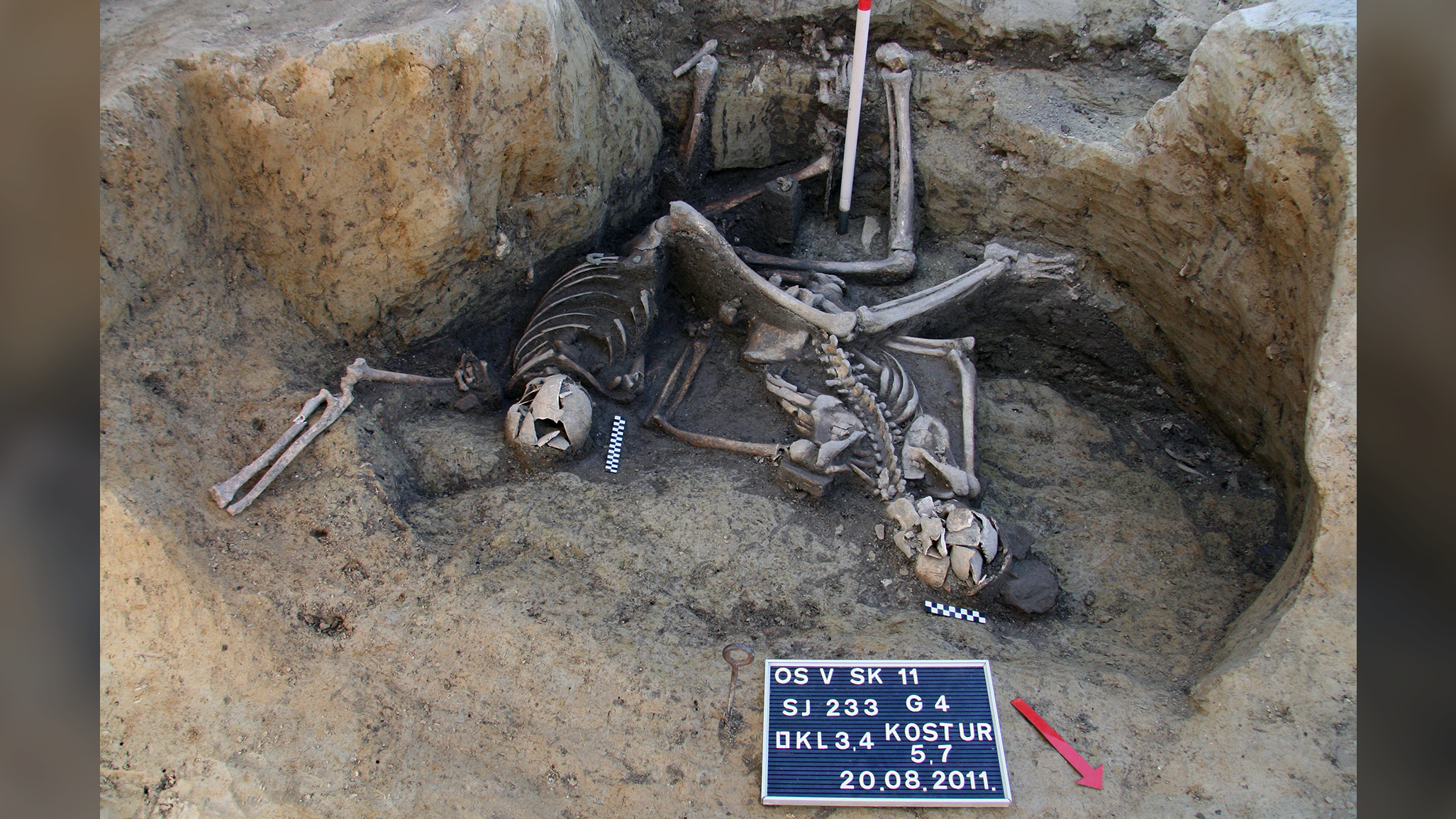Thanksgiving Tips: How to Thaw a Turkey

As you bring out the turkey and gravy in preparation for Thanksgiving, you'll want to make sure you're not also serving your guests microbes that can make them sick.
Food poisoning is a real problem in the United States, where about 48 million people a year get sick from something they ate, Ben Chapman, a food safety expert at North Carolina State University, said in a new video. In about 3,000 cases a year, the illnesses are fatal, Chapman said.
Fortunately, there are plenty of ways to make your Thanksgiving foodborne-illness free. It all starts with thawing the turkey.
There's no 100-percent risk-free way to thaw a turkey, Chapman said, and every method has its own downsides. A thawing turkey in a sink full of cool water might spread Salmonella or other bacteria to the sink. Thawing in a microwave is quick, but heats the turkey unevenly, meaning you'll want to get the bird in the oven right away to kill off any lurking bugs. Leaving a turkey on the counter can be serious trouble, as the outside will thaw before the inside, giving bacteria time to grow. [Video – Avoid Thanksgiving Food Poisoning]
They key to safe turkey-thawing is to keep the bird from getting warmer than 41 degrees Fahrenheit (5 degrees Celsius) for more than four hours, Chapman said. Thawing in the refrigerator can be safe, but you'll want to plan days in advance, and make sure you have something to catch the turkey's juices as it thaws — you don't want to contaminate the other food in your fridge.
Those same juices are important to watch out for as you unwrap your thawed or fresh turkey, Chapman added. Use a platter to keep them from getting everywhere, and don't slip and reuse dirty kitchen shears for other projects.
Follow Stephanie Pappas on Twitter @sipappas or LiveScience @livescience. We're also on Facebook & Google+.
Get the world’s most fascinating discoveries delivered straight to your inbox.

Stephanie Pappas is a contributing writer for Live Science, covering topics ranging from geoscience to archaeology to the human brain and behavior. She was previously a senior writer for Live Science but is now a freelancer based in Denver, Colorado, and regularly contributes to Scientific American and The Monitor, the monthly magazine of the American Psychological Association. Stephanie received a bachelor's degree in psychology from the University of South Carolina and a graduate certificate in science communication from the University of California, Santa Cruz.
